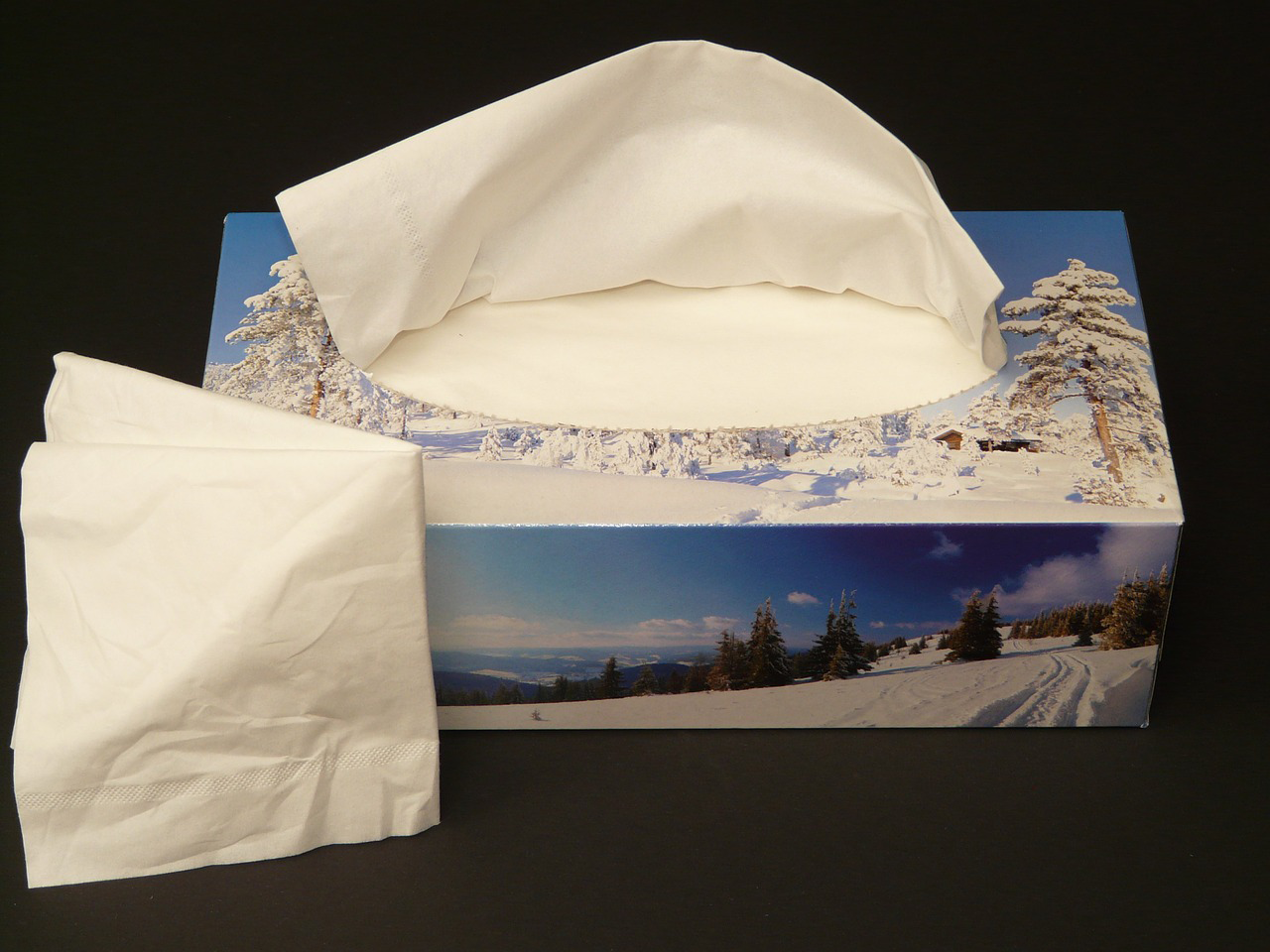
How to Handle Sick Season at Work
Tis the season! No, not the holiday season, sick season. As any number of flu and cold trackers will show you, this time of year is a hotbed for the spread of diseases. Are you prepared to fight through sick season at work? Whether you’re wondering how to avoid falling ill or wondering when you should ask off of work, we’ve got you covered with some helpful advice.
How to gage when to ask off and when to come into work
– Know your body and your limits: If you wake up feeling ill you may be tempted to go into work anyways and see how the day plays out. However, you know your body better than anyone. If you’re going to work despite not feeling well make sure you’re not testing your physical limits. This could make you sicker in the long run and potentially get your coworkers sick too.
– Monitor your symptoms: As it often goes, illness starts with one or two symptoms and quickly escalates. If you’re at work and starting to feel ill, pay close attention to your symptoms throughout the day. When you start to feel nauseous, feverish or chills, it’s time to go home. If your throat is burning and you’re feeling faint, it’s time to go home. If you’re simply sneezing or have a headache, take the appropriate precautions (such as covering your sneezes and taking medicine to reduce your headache) and wait to see if your condition worsens. In general monitoring your symptoms is common sense, but sometimes you might overestimate your ability to be productive despite feeling crappy. When you notice your symptoms worsening, it’s a good time to call it a day and go home.
– Productivity loss: If you’re starting to feel symptoms you’re more likely to be contagious. Going into work could jeopardize the health of your coworkers. You may be essential to your company’s day-to-day operations, but chances are your coworkers are too. If you go in because you or your boss are afraid of the decrease in productivity, make sure to factor in the potential decrease in productivity caused by your illness spreading around the office.
– If you’re contagious, err on the side of caution: You may not want to miss work but, if you’re sick, it’s better to err on the side of caution, particularly if you may be contagious.
– Go to the doctor: Getting diagnosed at the doctor will help you determine what you have, how you need to treat it and how long you’ll be contagious for. All of this information is incredibly valuable in speeding up your recovery process and getting you back to healthy, productive workdays as soon as possible.
– If you’re up for it, offer to work from home: When you’re contagious but not feeling too under the weather, it can be a bummer to have to stay home and watch work pile up on your desk. Instead, offer to do any work you can from home. This will keep everyone at the office free from your germs but reduce your workload once you’re healthy enough to return to the office.
Ways to boost your immune system to avoid illness
– Clean your hands: one of the cornerstones of sick season that you’ve heard since you were a kid is to make sure you wash your hands frequently and thoroughly. There’s a reason it’s mentioned so often and that’s because it helps. Keep your hands clean and free from germs in order to avoid sickness, it’s a no-brainer.
– Avoid touching your eyes nose and mouth: germs are often spread you touch something that’s contaminated with germs and then touches their eyes, nose or mouth
– Exercise: Keeping in shape is an important part of staying healthy. Make sure you’re working exercise into your weekly schedule to boost your immune system and help fight off illness.
– Healthy eating: It’s about more than getting enough vitamins and antioxidants in your diet, you can’t stay healthy when you aren’t eating healthy. More than just long-term detrimental affects, unhealthy eating can lead to a weakened immune system that leaves you especially vulnerable during sick season.
– Drink plenty of fluids: Staying hydrated is great when you’re sick, but it’s also great when you’re trying not to get sick. Keep water at your desk and make sure you’re refilling it often!
– Vaccines: Sometimes, like this year, the flu vaccine doesn’t necessarily ward off the prevailing flu strain. However vaccines in general are a good idea if you’re looking to reduce your chances of getting sick.
– Don’t skimp on sleep: Sleep has astounding affects on your health. If you’re getting less than 7 or more than 8 hours of sleep a night, consider shifting your sleeping habits to fortify your immune system during the sick season. When you get sick or feel yourself slipping towards sickness, more sleep is necessary but in general 7-8 hours of sleep is ideal for most adults.
– Disinfect your desk: Disinfectant wipes are your workspace’s best friend during sick season. Regularly disinfect your desk and surfaces you frequently touch or share with others to stave off illness.
No one wants to get sick and dealing will illness at work makes the process even more complicated. You know your body better than anyone because you’re the one responsible for taking care of it every day. Take precautions and err on the side of caution when you may be contagious and you’ll have an easier time navigating your way through sick season.
